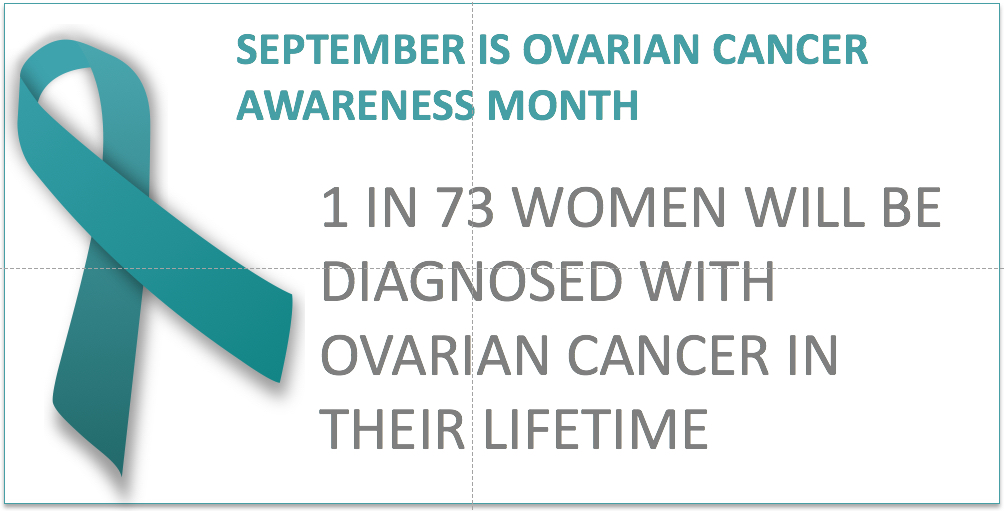Lisa, a 36-year-old legal analyst, is attempting to return her life to “normal” after a bout with breast cancer. Normally an extremely articulate communicator, Lisa feels increasingly frustrated when she can’t remember a common word, and these days, multi-tasking has become nearly impossible.
Lisa has “chemo brain,” a phenomenon of short-term foggy thinking and forgetfulness that afflicts cancer patients after chemotherapy treatment.
Until recently, cognitive losses in cancer survivors were dismissed or trivialized by doctors who blamed the phenomenon on fatigue of the illness, or the simple aging process, but new research has confirmed chemo brain is real. However, researchers still aren’t quite sure what causes it.
Nearly every chemotherapy patient experiences short-term problems with memory and concentration. But about 15 percent suffer prolonged effects of what is known medically as chemotherapy-induced cognitive impairment.
The symptoms are remarkably consistent: a mental fogginess that may include problems with memory, word retrieval, concentration, processing numbers, following instructions, multitasking and setting priorities.
In those affected — and doctors currently have no way of knowing who might be — it is as if the cognitive portion of the brain were barely functioning. Symptoms are most apparent to high-functioning individuals, like Lisa, used to juggling the demands of complex jobs or demanding home lives, or both.
While researchers are not yet clear what happens during cancer treatment to cause symptoms of chemo brain, some experts think some anticancer drugs may have direct toxic effects on neurons. This theory is controversial since most drugs do not penetrate the blood-brain barrier. Other evidence from animal and human studies suggests that cancer treatment can cause biochemical or anatomical changes in the brain.
UCLA Medical Center’s Dr. Daniel H. Silverman, a leading researcher in the field, reports metabolic imaging studies have conclusively shown that “people exposed to chemotherapy have impaired brain function in certain regions compared to others who have not been exposed.”
Now that the cognitive loss following cancer treatment has been scientifically acknowledged, several studies are currently underway looking for cause-effect answers to the chemo brain puzzle.
Tim Ahles, a neurocognitive researcher at Memorial Sloan-Kettering Cancer Center in New York, is examining a possible relationship between chemotherapy-induced cognitive changes and DNA damage in breast cancer survivors.
Since several symptoms of chemo brain resemble effects of estrogen loss after menopause caused by surgery, it is possible treatments for breast and ovarian cancers that suppress the production or action of estrogen or the loss of estrogen may account in part for chemo brain in women.
At UCLA Medical Center, Dr. Patricia Ganz is now studying if [variations] in genes that regulate the immune system render some breast cancer survivors with cognitive complaints more vulnerable to the constellation of symptoms, including fatigue, sleep disturbance, or depression.
Another small study underway for about 18 months shows promising and substantial improvements in the cognitive function of the young breast cancer survivors using personalized brain training techniques.
Azsunshinegirl, aka Lynette Summerill, is an award-winning journalist who lives in Scottsdale, Arizona. In addition to writing about cancer-related issues, she writes a blog, Nonsmoking Nation, which follows global tobacco news and events.






Add a Comment11 Comments
Wow...what a timely article for me. It's a year since my last chemo treatment and I've wondered if I'm losing my mind. I feel like I've "lost my edge": I can't seem to make decisions at work as quickly as I used to, I forget words while I'm speaking...right in the middle of a sentence! I leave letters out of words when writing, I find it hard to concentrate and I have to read a "cheat sheet" just to do tasks at work I've done a hundred times. I feel about as dull as a butter knife. I can't get to sleep or stay asleep without sleeping pills and I feel tired all the time. I've been telling myself it's all in my head, that I'm making things up, which just makes me feel ashamed that I can't "snap out of it". Thank you letting me know I'm not alone...or crazy. Cecile in Houston
August 18, 2009 - 10:37amThis Comment